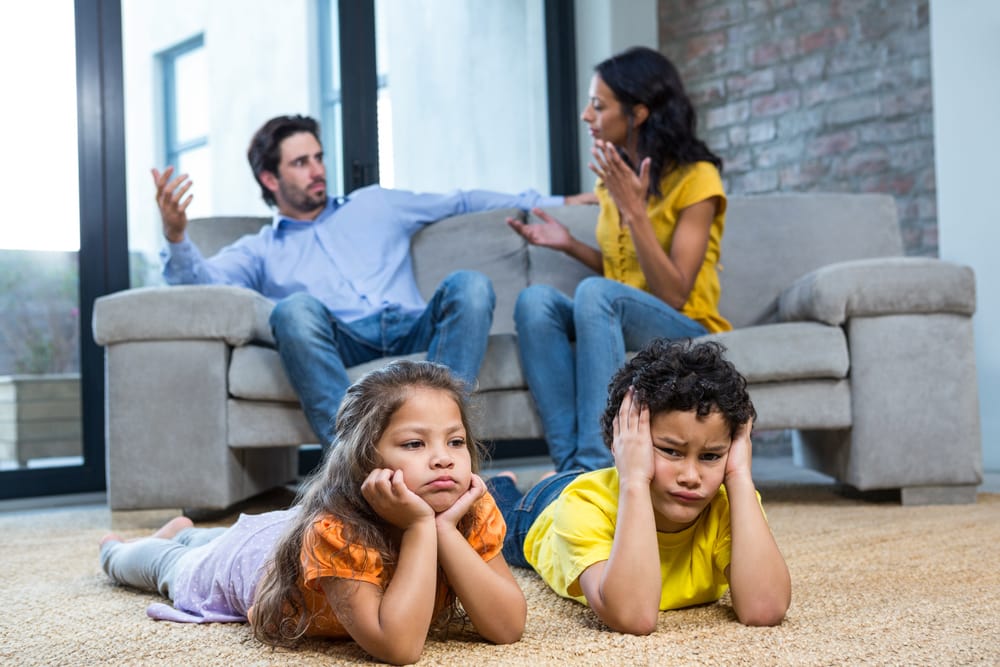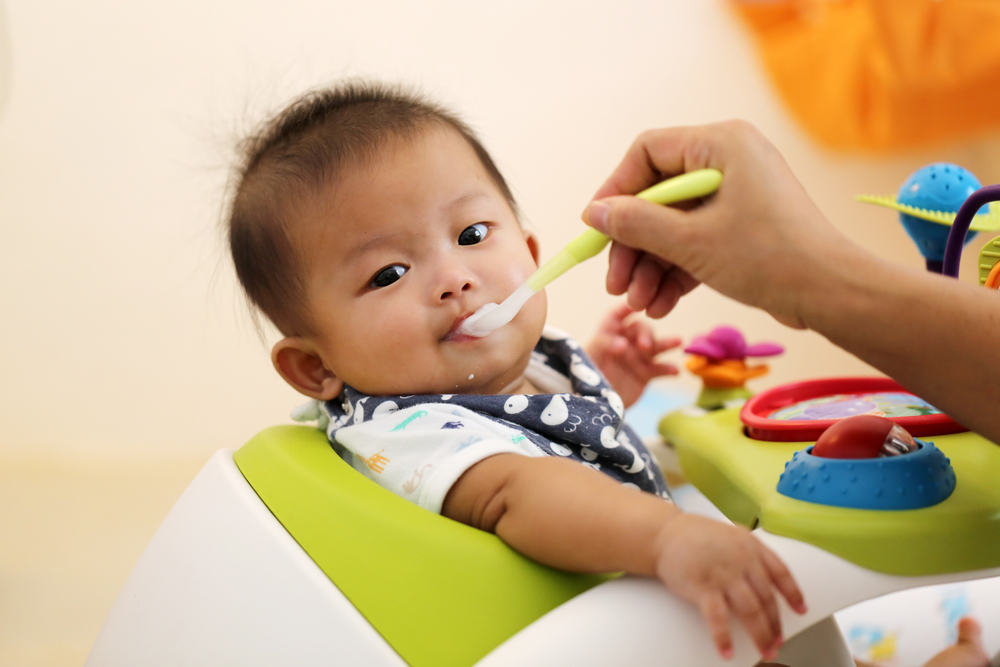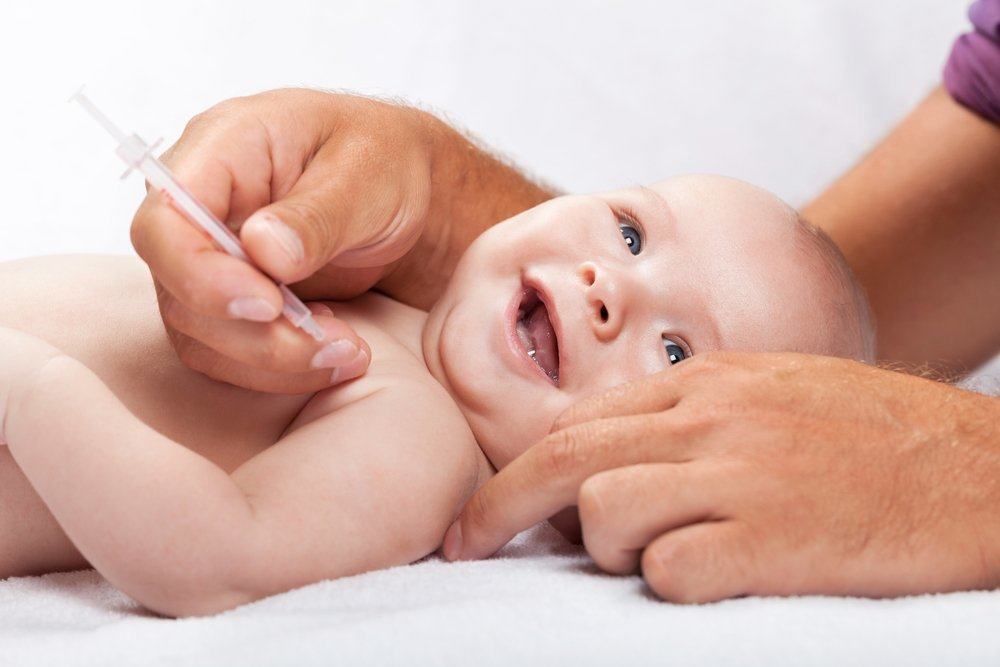Contents:
- Medical Video: 10 Psychology Problems Caused by Parenting Behavior
- What causes family problems?
- Parents who are drug or alcohol dependent
- Domestic violence
- Conflict between parents
- Living with parents with mental disorders
- Parenting is too restrictive
- What happens to children if they live in a troubled family
- Anxiety disorders
- Difficulty interacting with other people
- Difficulty accepting reality
- Can family problems be improved in order to have a harmonious family?
Medical Video: 10 Psychology Problems Caused by Parenting Behavior
Family is a place for someone to be able to grow and develop for the first time. The family environment, especially parents, has a great influence on one's physical and mental health. The role of parenting is also what determines how well a person can adapt and be fully involved in community life. Even though there is no perfect family, some families or parents cannot perform functions that should be due to one thing or another. This family problem will then have an impact on children's welfare in the future
What causes family problems?
Families are said to be problematic when the house cannot be a place of refuge for all family members. In addition, parenting parents in troubled families tend to cause negative auras and pay less attention to children's mental health so that it has an impact on the child's growth process.
Family dysfunction is like a domino. Family problems are directly related to the conditions and behavior of both or one of the parents, which then has a direct impact on the child's development. Here are some things that risk causing a family a problem, including:
Parents who are drug or alcohol dependent
Dependence of prohibited substances is a serious problem because it can cause the loss of parent figures in the family, emergence of violent behavior, and financial difficulties.
Domestic violence
Domestic violence causes family situations to be not conducive and unsafe for children and can cause a child to grow up to be someone who is rude when he grows up.
Conflict between parents
In addition to the potential for divorce, conflict between parents can have a serious impact when a fight involves a child and one of the parties intentionally limits the child's relationship with another.
Living with parents with mental disorders
Depressed parents will limit physical contact and communication between parents, so that the emotional development of the child becomes disturbed.
Parenting is too restrictive
Parenting which is too controlling children's activities can cause children not to develop properly. Children who live with parents "dictators" also tend to behave rebelliously or be antisocial towards their family and other people around them.
What happens to children if they live in a troubled family
The impact of family problems on children is long-term, which will only surface when he grows into a teenager or an adult. These impacts tend to be difficult to recognize, coupled with a factor of very little parental effort to overcome this.
Living in a troubled family also causes children to lose the opportunity to develop optimally as they should, so that they have lower social, emotional and coping skills than their age. This obstacle can then manifest in the emergence of the following problems:
Anxiety disorders
Anxiety disorders are a common mental health problem and have long been known to be related to family problems. Excessive anxiety in a person can be triggered by parental behavior or family conditions that always cause problems or concerns of family members.
This can also be caused by the behavior of parents who are too hard to cause mental pressure by scolding or belittling things done by children or excessive anxiety of parents so that they forbid children to move is the main cause of the emergence of anxiety disorders in children as adults.
Difficulty interacting with other people
Whatever problems cause a family to become troubled, the effects of anxiety that arise as a result will also affect a child's ability to interact and form relationships with others. This can be triggered by negative thoughts or views from parents who are "transmitted" to children that everyone cannot be trusted, or anxious if someone else knows the condition of their family.
Difficulty accepting reality
This can be caused by conflicts that arise from differences in views between parents and children, and parents who force their opinions on children - aka brainwashing. As a result, children grow up having a hard time believing in what they are experiencing and tend to lack confidence in their own emotions even what is captured by their senses.
Can family problems be improved in order to have a harmonious family?
Quoted from Psych Central, clinical psychologist Elvira G. Aletta, Ph.D makes a list of the most important things in the family so that the home can be a conducive and safe environment for each of its members, including the following:
- Appreciate each family member, both sibling relations, between partners, and parents and children.
- Creating an emotionally safe environment, where each family member can freely express his opinions, desires, and feelings without feeling worried about being underestimated or humiliated.
- Make the family a place to relieve stress or trauma
- Respect privacy between family members
- Responsible for maintaining trust and not causing anxiety
- Always be able to forgive each other when there are conflicts or have differences of opinion
- Can express emotions naturally
- Give everyone the opportunity to change and grow
- Both parents relate well and do the task of influencing parents as a team
- Familiarize manners at home
- Has a clear boundary between parent and child relationships
- Help each other
- Take the time to eat together












